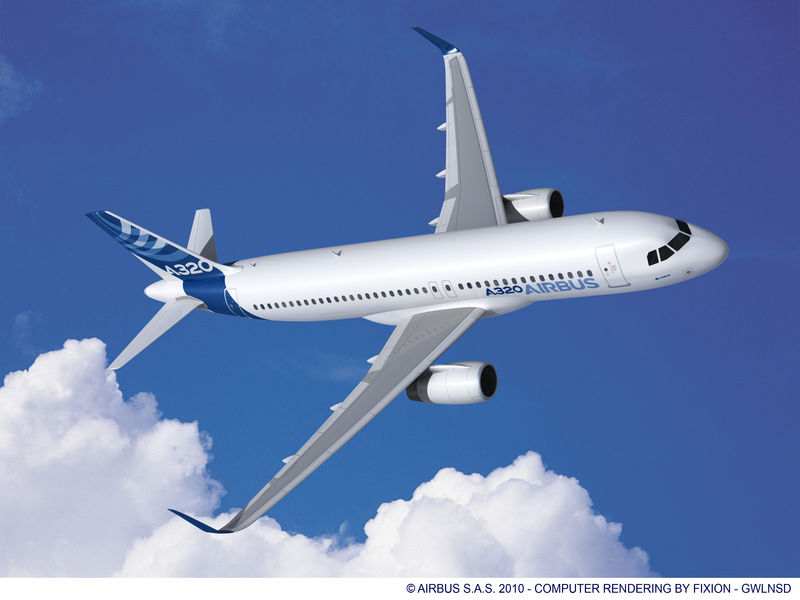Airbus on Thursday forecast demand for 24,300 passenger and freight aircraft worth USD$2.8 trillion between now and 2026, with Asia set to be the largest passenger market.
Airbus’s latest 20 year forecast is 1,600 aircraft higher than its previous estimate, with nearly half the increase due to its expectation that older, less fuel-efficient aircraft will be retired early because of the sharp rise in the price of oil.
Last year was a record year for plane makers, with Boeing notching 1,413 orders, beating Airbus’s 1,341. Both expect fewer orders this year but have backlogs that will keep them at record production well into the next decade.
Airbus also said it had raised an internal target for sales of its new double-decker A380 given its latest global market forecast includes an expectation that 1,700 very large aircraft, seating at least 400 passengers, will be needed.
The A380 is the only aircraft that currently fits the bill, Airbus Chief Operating Officer – Customers John Leahy said.
While Boeing’s 747, the original jumbo jet, can be configured to carry more than 400 passengers, today’s more affluent society wants more space, Leahy told reporters.
He noted that in 2000 the A380 was being talked of as a 550 seater but airlines are actually asking for about 470 seats to allow flat beds in business class, an idea only considered as a first class option a few years ago.
Leahy said he hopes the peaks and troughs of previous aircraft cycles — the market is in its fifth cycle in the jet age — can be turned into “hills and valleys” this time, and told reporters his best guess was there will be a slowdown in deliveries from 2013-15.
Airbus’s forecasts are based on average annual passenger traffic growth of 4.9 percent with 5.8 percent freight growth.
It sees oil at USD$80 – USD$95 per barrel for the next five years and then rising gently to 2026, and by when China will be the world’s second-largest economy with India fifth, up from third and 10th respectively in 2006.
Airbus forecast Asia will be the largest market by 2006 accounting for 31 percent of total revenue passenger kilometres, with Europe in second place at 27 percent. The United States would slip to third at 24 percent, from first.
Among aircraft types, Airbus forecast 16,620 single-aisle planes being sold, accounting for 40 percent of the market by value. Twin-aisle aircraft will account for 41 percent of sales by value and 5,940 in number. The 1,700 very large aircraft will be worth 19 percent of the market by value.
Airbus expects traditional network airlines to account for 70 percent of orders, with low-cost carriers, charter and regional airlines making up the balance.
The forecasts are based on Airbus’s “low congestion scenario”, and therefore conservative, Leahy said.
China would not become a manufacturer of very large aircraft during the forecast period but could well move into the smaller end of the market, he said.

